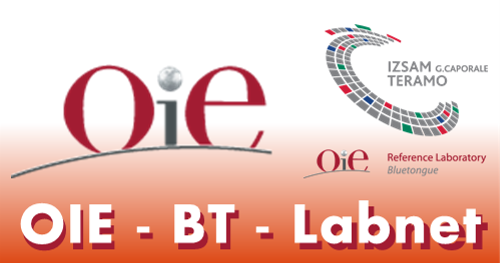Publication type:
Bibliography Partner:
Journal:
Status:
Year:
Reference:
Host:
Pathogen:
Keywords:
Full Publication:
Abstract:
The pathogenic protozoan parasite Theileria uilenbergi is one of the causative agents of theileriosis in small ruminants in China. The infection results in great economical losses in the northwest part of China. Efforts are underway to establish an enzyme-linked immunosorbent assay (ELISA) based on a T. uilenbergi immunodominant recombinantly expressed protein using different approaches in order to perform epidemiological studies in the area. In this study, we describe the possible use of the clone-9 protein for this purpose, which was identified as a potential immunogenic piroplasm protein by random sequencing of cDNA library clones followed by bioinformatic analyses. The clone-9 gene was partially recombinantly expressed and used for the development of an indirect ELISA for the detection of circulating antibodies in sera of T. uilenbergi-infected sheep. No cross-reactivity was observed in serum from animals infected with Theileria lestoquardi. The cut-off was calculated at 48.6% positivity using 25 serum samples from uninfected animals. A total of 101 field samples collected from an endemic area in China were used to evaluate the clone-9 ELISA for its use in the field.





